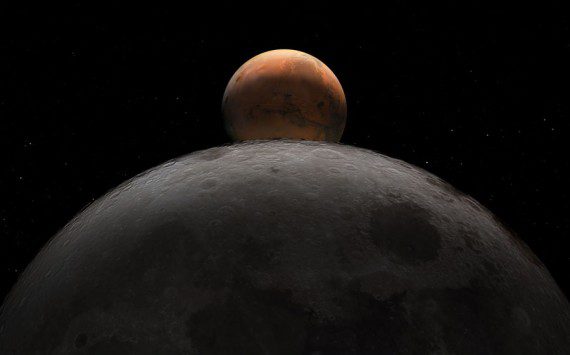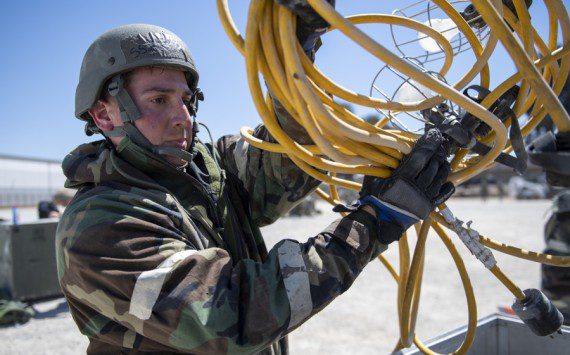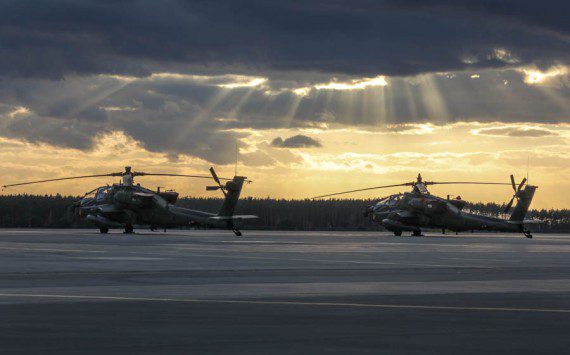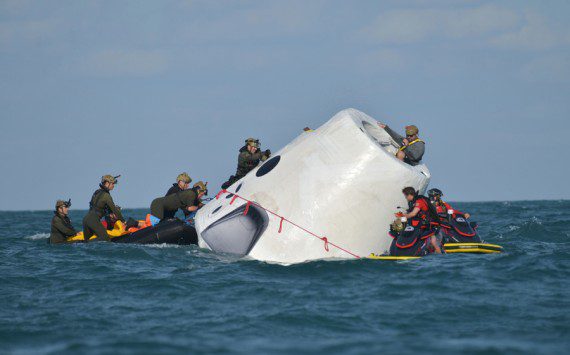China hopes for progress with new Philippine government
China said May 10 that it hopes to work with the Philippines’ new government to resolve territorial disputes in the South China Sea, but insisted the onus is on Manila to lower tensions.
Beijing hopes the Philippines will “meet China halfway, taking concrete measures to properly deal with the disputes so as to put the ties of the two countries back on the track of sound development,” Foreign Ministry spokesman Lu Kang said at a daily news briefing.
Lu said that while the two countries have a traditional friendship, bilateral relations have been “hit by major setbacks in recent years, due to reasons known to all” — a reference to moves by the Philippines to assert its claims and activities by the U.S. challenging China’s actions.
Beijing and Manila have for years accused one another of infringing on each other’s territory in the South China Sea, which China claims virtually in its entirety.
Philippine President-elect Rodrigo Duterte has said he would negotiate directly with China on the dispute, aligning with China’s stance, as reiterated by Lu, that disputes “should be properly settled by countries directly concerned through negotiation and consultation while respecting the historical facts and international law.”
However, Duterte has also said that if negotiations fail, he would sail to one of China’s newly built artificial islands and plant the Philippine flag on it. AP
Putin says new Russian weapons turned tide in Syria
Russia’s new weapons have proven their worth in Syria, helping turn the tide of the war, President Vladimir Putin said May 10.
Speaking at a meeting with military officials, Putin said that Russian warplanes have flown more than 10,000 combat missions since the air campaign began on Sept. 30. He said they struck more than 30,000 targets, including 200 oil facilities, allowing the Syrian military to drive militants from 500 towns and villages.
Russia has for the first time tested in combat its new air- and sea-launched cruise missiles to hit targets in Syria. Putin said the military performed a total of 115 launches of the long-range cruise missiles.
“The efficiency and high quality of Russian weapons have been clearly shown in Syria,” Putin said. “The strikes from the air and from the sea on the Islamic State and Jabhat al-Nusra terrorist groups have been precise and powerful. They have allowed us to achieve a turning point in the fight against the militants, although we realize that the situation there is difficult and there is still a lot for the Syrian army to do.”
The Russian military pulled out some of its warplanes from Syria in March but has continued to strike the Islamic State group and the al Qaeda-affiliated Nusra Front. AP
Iran issues vague denial about reported missile test
Iran’s defense minister issued a vague denial after a media outlet close to the military said May 9 that it had test-fired a ballistic missile with a range of 2,000 kilometers (1,250 miles) two weeks ago.
Gen. Hossein Dehghan told the official IRNA news agency that the military has not conducted a missile test “with the range that was published in the media,” without elaborating. He did not say whether the military had conducted a recent missile test.
The earlier report was carried by Iran’s semi-official Tasnim news agency, which is close to the Revolutionary Guard. The Guard is in charge of Iran’s ballistic missile program.
Tasnim quoted Gen. Ali Abdollahi as saying the latest missiles could strike within eight meters (yards) of their target. “Eight meters means nothing, it means it’s without any error,” he said, without elaborating.
Iran has long boasted of having missiles that can travel 2,000 kilometers, placing much of the Middle East, including Israel, in range. Iran says its missiles, which could also strike U.S. bases in the region, are key to deterring a U.S. or Israeli attack.
In March, Iran test-fired two ballistic missiles — one emblazoned with the phrase “Israel must be wiped out” in Hebrew — setting off an international outcry.
The nuclear deal reached with world powers last year does not include provisions against missile tests. When it came into effect in January, the Security Council lifted most U.N. sanctions against Tehran, including a 2010 ban on testing missiles capable of carrying nuclear warheads. The council nevertheless adopted a resolution last July which “calls on” Iran not to carry out such tests.
The United States has maintained and expanded its own sanctions related to Iran’s missile program. AP











